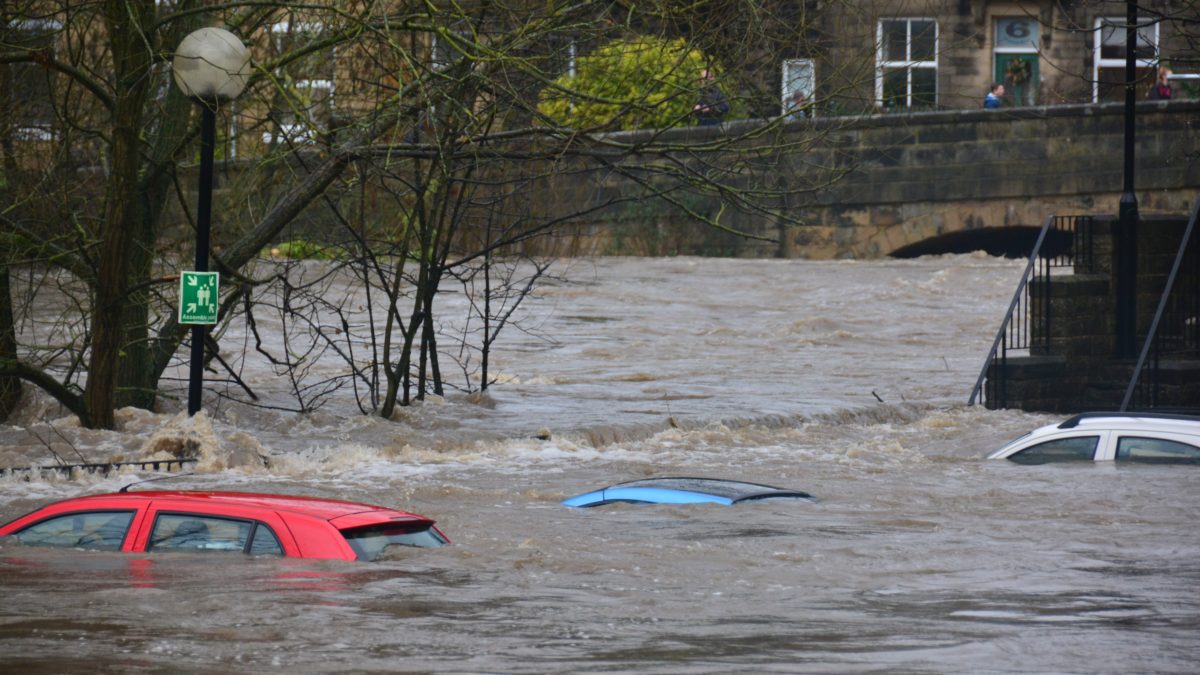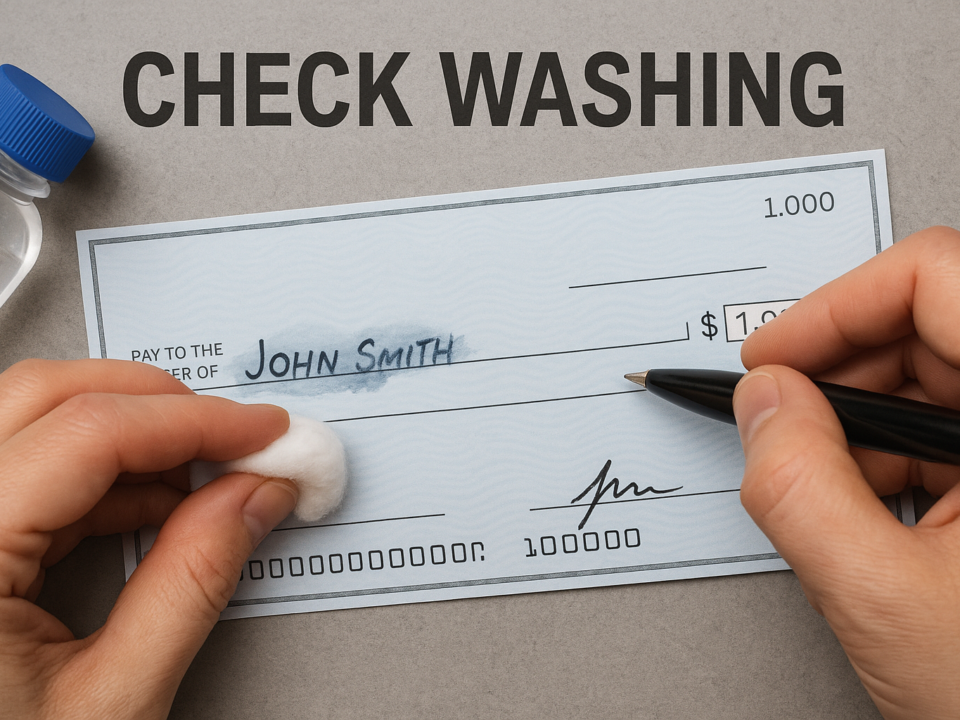How To Avoid Purchasing Flooded and Fixed Cars

Hurricane Ida is one of the strongest hurricanes to hit the U.S. in recent memory, causing much flooding and devastation. After an event like this, flooded cars often enter the used car market. They may have these cars cleaned up, but flood damage is unpredictable. The many issues caused by water hitting the vital parts of the car will often leave it too costly to repair. Here’s what you can do to avoid getting into a bad deal:
Check the Car’s History
A history report will reveal all the locations in the car’s registration. In most cases, it will also show if it has undergone flood damage in its title branding. If there’s no sign in the registration, you should still be wary of cars that come from areas hit by hurricanes recently. There is a chance that the vehicle tried to bypass regulations. Some dealers do this in hopes of cleaning up its record, a practice called title washing.
Inspect the Interior
The interior of a car is where you can spot signs of flood damage. The vehicle may have a moldy smell, and parts of its carpet may be damp, indicating it went through a flood. You can also lift the carpeting inside the trunk for any sign of rust or sand, which shows that it went through floodwaters. Rust on the bolts and screws under the seats can also indicate flood damage.
Inspect the Exterior
The car’s exterior will show signs of corrosion or even subtler thin brown lines across its body. There may also be watermarks on the vehicle, indicating that it’s been through floodwaters. The undercarriage can reveal signs of flood damage. You’ll usually find excessive rust in flood-damaged cars.
Work With a Reputable Car Dealer
A car dealer with a good track record will avoid buying flood-damaged cars as it is not a risk they’re willing to take. By working with them, you increase the chances that you’ll buy a good working vehicle. Check the dealer’s history and any reviews surrounding the business. If there’s an issue, you’ll find a disgruntled buyer who has experience buying a flood-damaged car from them.
Hire a Mechanic
Another way to ensure that you don’t get a flooded car is to hire a mechanic to come with you and inspect the vehicle. They’ll easily spot signs of flood damage for you and recommend if the car’s worth buying or not. These mechanics have likely worked with flooded cars in the past, so they’ll see the signs, even if the car’s cleaned up. It’s a small price to pay to ensure you’re not buying a damaged vehicle.
Always Exercise Caution
If you suspect that you’re looking at a flood-damaged car, take every precaution necessary. Often, you’ll find these deals too good to be true. Take a step back and have it examined or check the car’s history. If you verified that it’s a flood-damaged car, contact local law enforcement as selling these types of vehicles is fraud.
Sources:
https://www.iii.org/article/flood-cars-how-to-avoid-purchasing-a-washed-up-vehicle
https://www.carprousa.com/blog/10-tips-on-how-to-avoid-flood-damaged-vehicles
https://www.edmunds.com/car-buying/how-to-avoid-buying-a-flood-damaged-car.html



